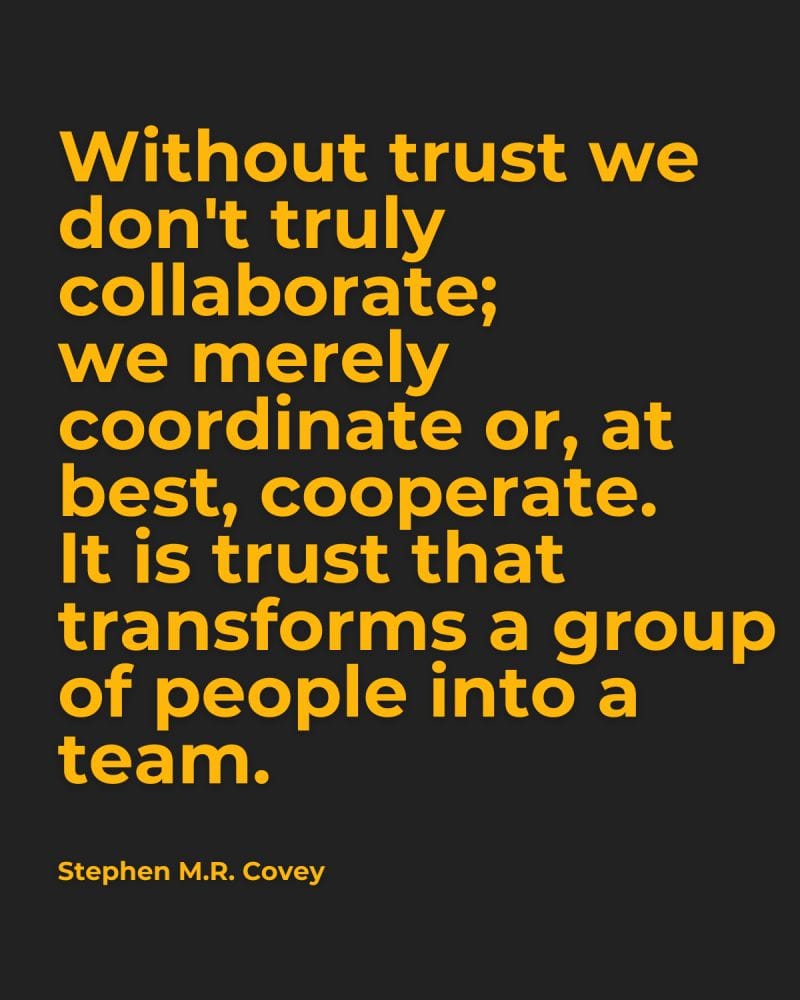(Sample situations and scripts are included)
1. Say What You Do. Minimize Surprises.
➜Why: Consistency in communication ensures everyone is on the same page, reducing uncertainties and building reliability.
➜Situation: After a meeting, promptly send out a summary of what was agreed upon, including the next steps, owners, and deadlines.
➜Script: "Thank you for the productive meeting. As discussed, here are our next steps with respective owners and deadlines. Please review and let me know if any clarifications are needed."
2. Do What You Say. Deliver on Commitments.
➜Why: Keeping your word demonstrates dependability and earns you respect and trust.
➜Situation: Regularly update stakeholders on the project's progress. Send out a report showing the project is on track, and proactively communicate any potential risks.
➜Script: "Here's the latest project update. We're on track with our milestones. I've also identified some potential risks and our mitigation strategies."
3. Extend the Bridge of Trust. Assume Good Intent.
➜Why: Trust grows in a culture of understanding and empathy. Giving others the benefit of the doubt fosters a supportive and trusting environment.
➜Situation: If a team member misses an important meeting, approach them with concern and understanding instead of jumping to conclusions.
➜Script: "I noticed you weren’t at today’s meeting, [Name]. I hope everything is okay. We discussed [key topics]. Let me know if you need a recap or if there's anything you want to discuss or add."
4. Be Transparent. In Communication, Decision Making, and Admitting Mistakes.
➜Why: Honesty in sharing information and rationale behind decisions strengthens trust.
➜Situation: Be clear about the reasoning behind key decisions, especially in high-stakes situations.
➜Script: "I want everyone to understand why we made this decision. Here are the factors we considered and how they align with our objectives..."
5. Champion Inclusivity. Engage and Value All Voices.
➜Why: Inclusivity ensures a sense of belonging and respect, which is foundational for trust.
➜Situation: Encourage diverse viewpoints in team discussions, ensuring everyone feels their input is valued and heard.
➜Script: Example Script: "I'd really like to hear your thoughts on this, [Name]. Your perspective is important to our team."
6. Be Generous. Care for Others.
➜Why: Offering support and resources to others without expecting anything in return cultivates a culture of mutual trust and respect.
➜Situation: Proactively offer assistance or share insights to help your colleagues.
➜Script: "I see you’re working on [project/task]. I have some resources from a similar project I worked on that might be helpful for you."
PS: Trust Is Hard-Earned, Easily Lost, Difficult To Reestablish...Yet Absolutely Foundational.

